Pastorgraphs: “Episca-Metho-Bap-Terian”
 Denominational
labels mean less today than when I was growing up. Maybe it is just
my mellowing in old age, but that seems like good news for
Christianity. We have much more in common than our differences.
Denominational
labels mean less today than when I was growing up. Maybe it is just
my mellowing in old age, but that seems like good news for
Christianity. We have much more in common than our differences.
Raised
a Baptist, educated by the Presbyterians, I taught five years in an
Episcopal high school, and became a Methodist minister. That makes me
an Episca-Metho-Bap-Terian. I owe much to each of these expressions of
faith, for each offered its own gift to my understanding and being.
It
is not that those doctrinal differences are not important. They are
very important. But we should follow Jesus’ ultimate wish in his High
Priestly Prayer, “…that they (disciples) may ALL be ONE; even as You,
Father, are in Me and I in You, that they also may be in Us, so that
the world may believe that You sent Me.” (John 17:21)
I
am a Methodist by choice and conviction. It is not that I think
Methodists are right and others are wrong. Everyone has to decide for
themselves where they best may serve. And that is always at the
intersection of beliefs and actions.
Last
week, I began reading Don Thorsen’s book, “Calvin vs. Wesley:
Bringing Belief in Line with Practice”. (John Calvin was the founder
of what became the Reformed, Congregational and Presbyterian churches;
John Wesley was the founder of what became the Methodist and Wesleyan
churches.) It helped me understand an important aspect of
discipleship I want to share with you. That is: beliefs and actions
are both important, but actions always trump beliefs.
If
you think Thorsen’s book, or this Pastorgraph, is an attempt to
discredit John Calvin, you will be mistaken. As a student of church
history, I respect Calvin immensely. Calvin, more than any other
single person, influenced the Reformation by his comprehensive
systematic theology written in 1536.
John
Wesley came along two centuries later. Wesley was not a shabby
theologian himself, and agreed with Calvin on most major doctrines.
However, Wesley seems to have had greater influence (both then and
now) because he emphasized living one’s theology was more important
than being correct in every point of doctrine.
Put
another way, it is more important to put theology into practice in
daily living than to have an iron-clad belief system. This is where
Wesley excelled and offered his greatest gift to Christianity.
If
it all sounds a bit familiar, it is similar to what I have been
preaching about integrity. In my ABC Model, B stands for Beliefs (or
what the philosophers called Ethics). Ethics live in your head, (just
like your theology). You may have the most well-thought out system of
beliefs, values, principles and ideals, but NEVER get around to LIVING
OUT your beliefs. That is why I say ethics alone always fail, unless
accompanied by Virtues (the A part of ABC: Actions). And C (Character)
is when Beliefs and Actions are consistent. Remember, “Faith without
works is dead.”
Please
do not hear me to say Calvin did not apply his theology to his daily
living. Nor should you hear me say having a solid belief
infrastructure is not important. It is mental laziness to go through
life without doing the hard work of examining what you believe and
why. Wesley built upon Calvin’s systematic theology by incorporating
the “method” (i.e. Methodist) of what I call “applied theology” in
daily living, combining Scriptural authority, evangelism and social
holiness.
Don’t
miss the last part of Jesus’ reason for wanting his followers to be
ONE, “…so that the world may believe that You sent Me.” Could it be
our lack of unity is one reason the world does not believe? Just
sayin’.
I
highly recommend Thorsen’s book for anyone who wants to understand
what two of the greatest minds in Christianity really believed. You
will come away with a deeper appreciation for both Calvin and Wesley.
And, you will be better able to articulate and apply your beliefs in
your daily discipleship.
In Christ’s Service,
Bill Jenkins
From The Quote Garden:
“It seems as if Wesley was very good at describing the Christian life in practice, but he was not as persuasive at describing it in theory.
This discrepancy between theory and practice is unfortunate. … In
fact, I argue in this book that the majority of Protestant Christians
with whom I am familiar, including those from Reformed traditions,
live in practice more like the way that Wesley viewed God, the Bible,
salvation, spirituality, the church, and ministry. If my thesis is
correct, then Christians would do well to learn more about Wesley.”
Don Thorsen,
“Calvin vs. Wesley: Bringing Belief in Line with Practice”
Abingdon Press.
Photo Credit: Abingdon Press
 Denominational
labels mean less today than when I was growing up. Maybe it is just
my mellowing in old age, but that seems like good news for
Christianity. We have much more in common than our differences.
Denominational
labels mean less today than when I was growing up. Maybe it is just
my mellowing in old age, but that seems like good news for
Christianity. We have much more in common than our differences. 


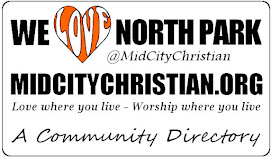



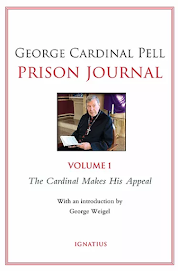

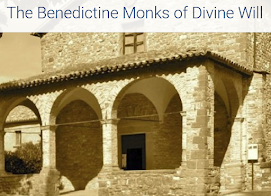


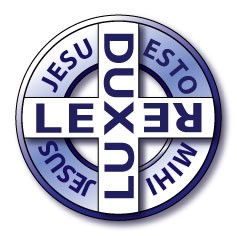

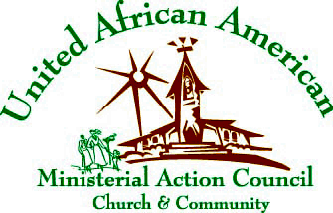

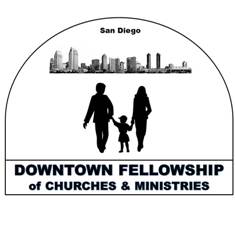




No comments:
Post a Comment